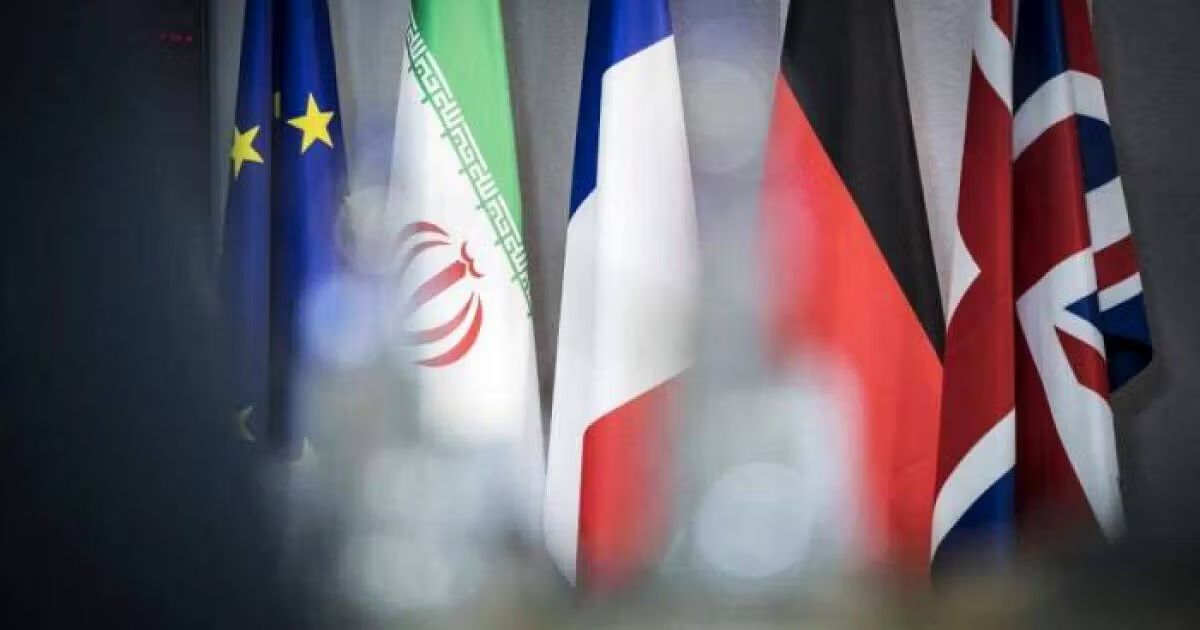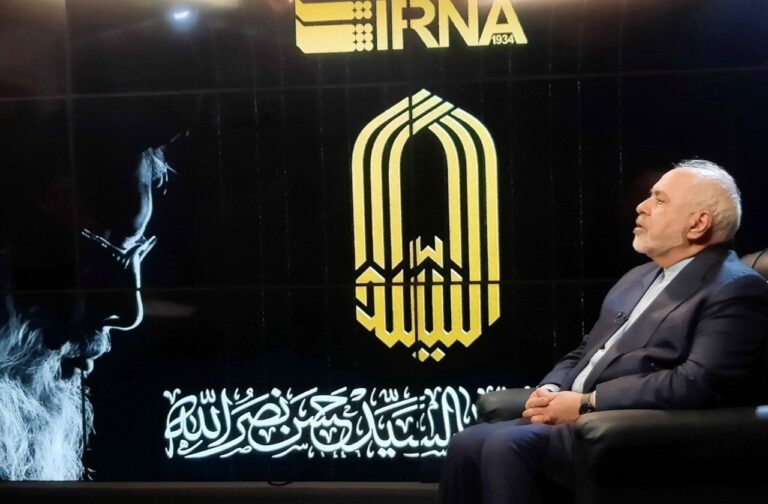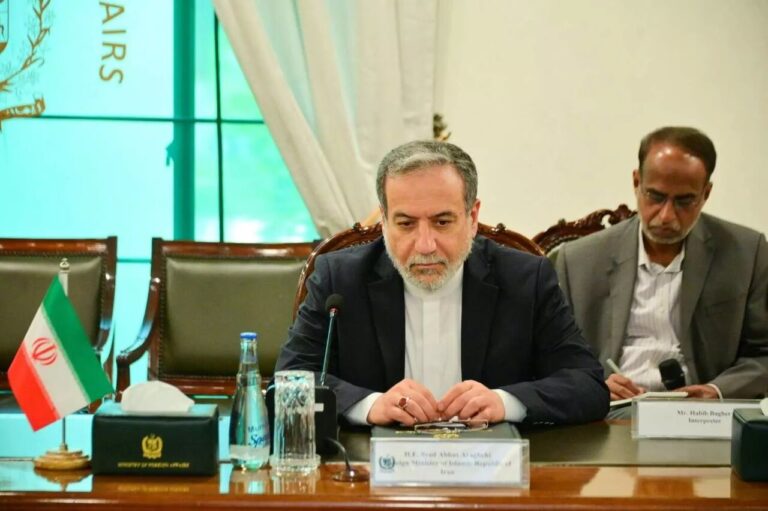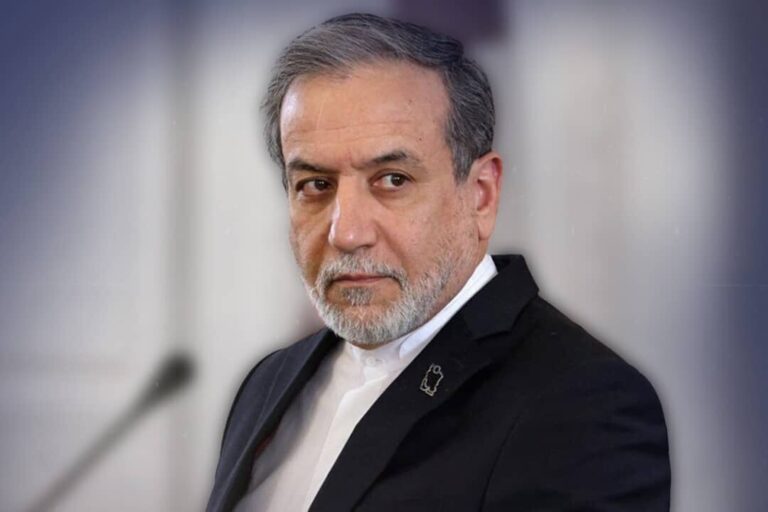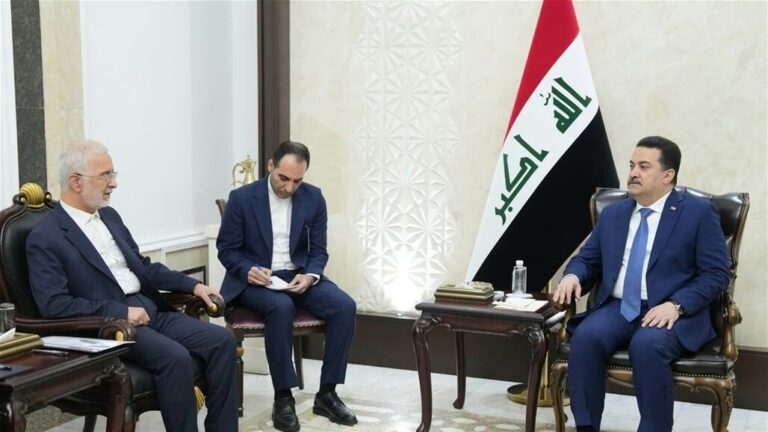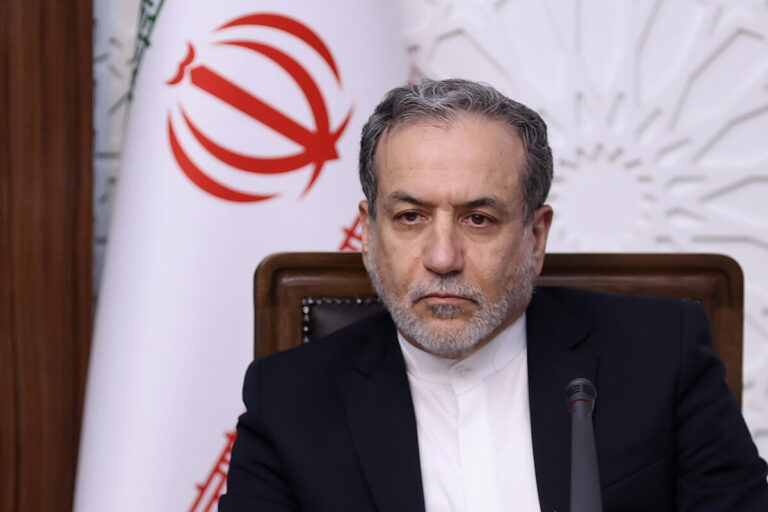Tehran Divided: Experts Debate the Value of Engaging in Talks with European Nations
Iran’s recent diplomatic outreach to European powers has sparked a division among political commentators in Tehran regarding its effectiveness. As the Islamic Republic engages in talks with Washington, many are questioning whether fostering relationships with France, Germany, and Britain truly holds any value. This article delves into the complexities and implications of Iran’s diplomatic strategies amidst the ongoing nuclear negotiations.
On Friday, senior diplomats from Iran and the three European signatories of the 2015 nuclear deal convened in Istanbul. This meeting appears to be Tehran’s strategic move to avert a potential “snapback” of UN sanctions that had been suspended for a decade as part of the agreement. However, this initiative has drawn skepticism, particularly from those who have historically supported diplomatic efforts.
Former lawmaker Heshmatollah Falahatpisheh expressed his doubts, stating, “There is no point in holding talks with Europeans. Iran’s only solution is to continue negotiations with the United States.” He emphasized that “Europe’s influence will remain insignificant as long as Trump is the President of the United States.”
Falahatpisheh, who previously led the parliament’s foreign policy committee, argued that Iran’s recent diplomatic gestures towards the 2015 deal signatories are merely symbolic and fail to address the political deadlock exacerbated by Washington. He remarked, “Iran should have negotiated with (US President) Trump during his first term. Unfortunately, Iranian officials are known for their costly and untimely decisions.”
This critical stance on past decisions resonates with various commentators in Tehran, yet the path forward remains contentious. Political analyst Ali Bigdeli offered a different perspective, stating, “Even if talks with the Americans are paused or entangled in new complexities, we should not stop our negotiations with the Europeans.” He highlighted that the Europeans are holding a tool known as the “trigger mechanism,” which can be utilized to exert pressure on Iran. “If they don’t agree to postpone its activation by a year, they can use it as leverage against us.”
The trigger clause embedded in the 2015 nuclear deal allows any signatory to reimpose lifted UN sanctions on Iran. Following the withdrawal of the United States from the agreement in 2018 under the Trump administration, this prerogative was effectively lost. As for the discussions in Istanbul, it remains uncertain whether the potential snapback of sanctions was on the agenda.
European officials characterized the meeting as a broad dialogue regarding Tehran’s relationship with the West. In contrast, Iran’s Foreign Minister Abbas Araghchi asserted that the discussions had “nothing to do with negotiations with Washington.” However, media outlets in Iran viewed the Istanbul meeting through the lens of US negotiations, reflecting how intertwined these diplomatic efforts have become.
Many editorials pointed out that the recent stance taken by the United States, which has resumed bilateral negotiations with Tehran, has somewhat diminished Europe’s role in the process. A recent editorial from Khabar Online stated, “The position of the United States, which has initiated bilateral negotiations with Tehran, has somewhat sidelined Europe’s role.” The editorial concluded, “The nuclear negotiations are not merely a diplomatic engagement between Iran and Europe, but will more broadly affect the balance of power in the region.”
- Division Among Commentators: The outreach to Europe has led to a split among Tehran’s political analysts regarding its effectiveness.
- Meeting in Istanbul: Diplomats from Iran and European powers met to discuss the nuclear deal and potential sanctions.
- Criticism of Past Decisions: Some commentators believe Iran missed critical opportunities to negotiate with the US earlier.
- Importance of European Negotiations: Others argue that talks with Europe should continue to avoid pressure from the trigger mechanism.
- Impact of US Involvement: The US’s renewed engagement in negotiations has shifted focus away from European powers.
The complex interplay of international relations and domestic politics in Iran continues to evolve, particularly as negotiations with the United States unfold. The ongoing dialogues with European powers serve as a backdrop to this intricate scenario, raising questions about Iran’s diplomatic strategies and their implications for future relations on the global stage.
As Iran navigates these turbulent waters, the outcomes of these discussions will undoubtedly have lasting effects on both regional stability and international perceptions of the Islamic Republic.
